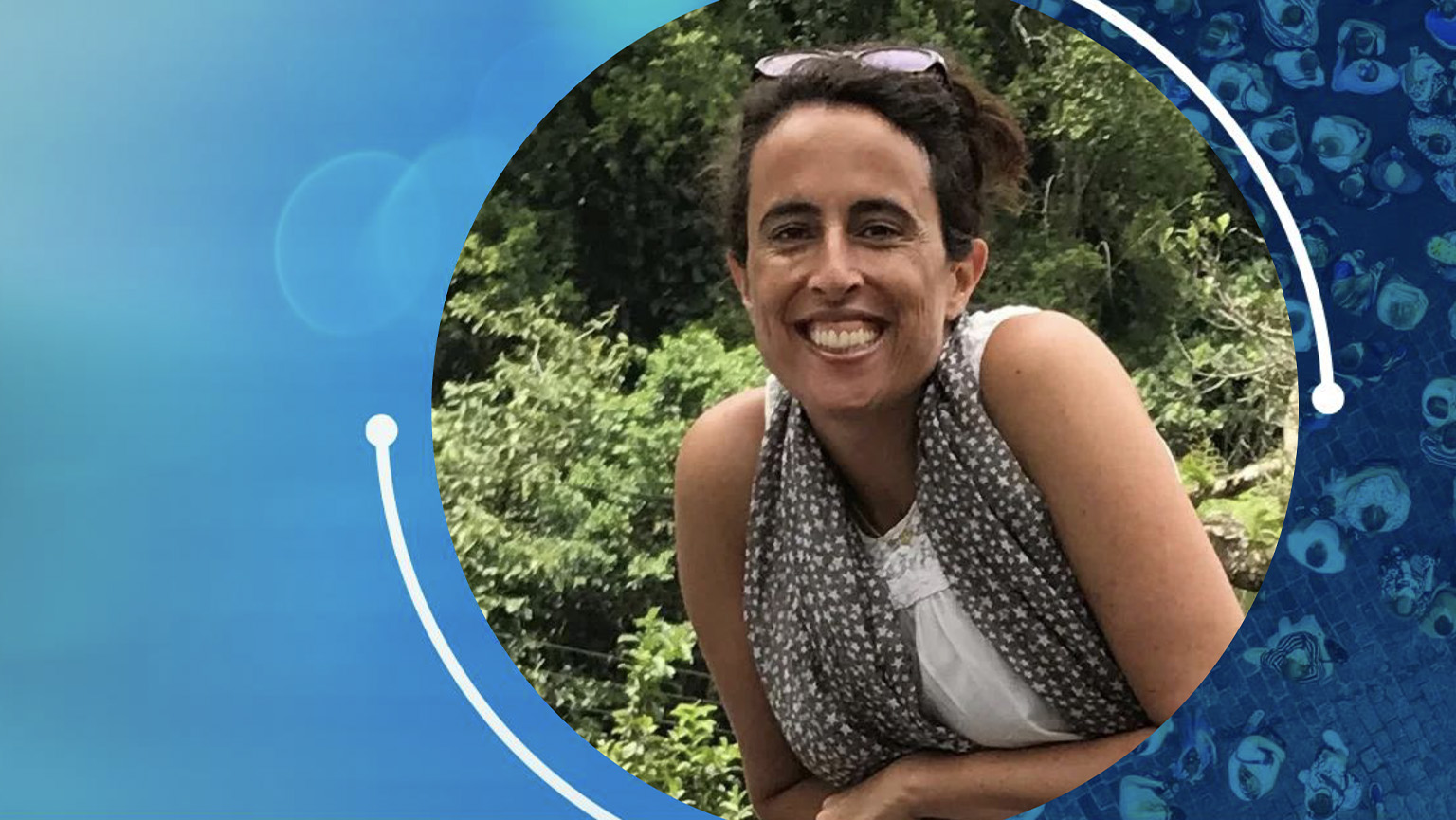Dengue therapeutics? Dr. Sophie Yacoub is cautiously optimistic

For the first time, there is real momentum and interest in moving the dengue therapeutics field forward, the Oxford University researcher says in a READDI Q&A.
By READDI, March 24, 2025 — Dengue, now endemic in more than 100 countries, is the fastest-spreading mosquito-borne virus in the world. Known as “breakbone fever,” dengue will likely soon become endemic in the United States and Europe, according to World Health Organization (WHO) chief scientist Jeremy Farrar.
As part of its work co-leading the Therapeutics Development Coalition, READDI is helping establish a pilot R&D project focused on the flavivirus family — one of eight virus families with pandemic potential — with dengue serving as the family’s prototype virus. The goal is accelerating the development of lifesaving antiviral drugs for treating dengue and other flaviruses.
To advance the Coalition’s efforts, READDI CEO Jimmy Rosen and Co-founder and Scientific Adviser Dr. Nat Moorman traveled to Ho Chi Minh City, Vietnam, in February for the Dengue Core Outcome Set and Therapeutics Consortium meeting. There, they met with researchers from around the world who are taking a collaborative, multi-disciplinary approach to clinical trial design, outcome selection and therapeutic candidates for dengue.
“Dengue is a neglected disease. Even in this day and age we have nothing to offer a patient that comes in except supportive care,” said the meeting’s leader, Dr. Sophie Yacoub, associate professor at the University of Oxford’s Centre for Tropical Medicine and Global Health.
Yacoub, who also serves as the Dengue Research Group lead at the Oxford University Clinical Research Unit (OUCRU) in Vietnam, is overseeing a large translational program of dengue research, focusing on pathogenesis studies, precision medicine clinical trials and more. Her team is investigating the impact of climate change and global heating on dengue and other climate-sensitive diseases in Southeast Asia through the integration of novel digital technologies, remote patient monitors, mHealth initiatives and AI methodologies. The overall aim of the group is to improve dengue clinical outcomes in Vietnam and globally.
Climate change and globalization have driven a 10-fold increase in reported [dengue] cases over the past two decades, and transmissibility (R0) is projected to rise by between 19-30% by 2050.”
READDI asked Dr. Yacoub about dengue and her work.
Why does the world need dengue therapeutics?
Dengue is a neglected tropical disease, which has suffered from decades of underfunding. Globally, dengue causes an estimated 105 million symptomatic infections annually, predominantly in low- and middle-income countries but spreading to new areas of the world, including Europe and the USA. Explosive outbreaks frequently overwhelm the healthcare systems and can lead to substantial loss of life. Despite this huge burden there are no licensed therapeutics for dengue.
Has anything changed in recent years to make the need for dengue therapeutics even more urgent?
Climate change and globalization have driven a 10-fold increase in reported cases over the past two decades, and transmissibility (R0) is projected to rise 19-to-30% by 2050. Due to ever-increasing case numbers and unprecedented outbreaks, in December 2023, the WHO classified dengue as a Grade 3 emergency at the global level, requiring major to maximal response.
Why is global collaboration important for developing dengue therapeutics?
A multi-disciplinary network is essential to cover all the expertise necessary to develop dengue therapeutics, from drug discovery through to conduct and design of clinical trials.
International collaboration is vital, as most of the clinical expertise relating to dengue will be contributed by researchers from endemic countries, and much of the methodological expertise will come from higher-income settings. In addition, as dengue affects different populations in different countries, a diverse portfolio of research centers recruiting to clinical trials is essential to ensure that results are broadly applicable.
How does the Therapeutics Development Coalition READDI is co-leading fit into the dengue therapeutics network you’re developing?
Connecting the therapeutics pathway is vital to enable bi-directional exchange of experience and knowledge. This will help streamline many processes and facilitate the most promising therapeutic candidates to reach clinical trials more efficiently.
Is there anything else you would like to add?
For the first time there is real momentum and interest to develop therapeutics for dengue and other neglected viral infections. So, with global collaboration, connecting researchers and trial networks, I believe we now have a strong chance of really moving the dengue therapeutics field forward.
